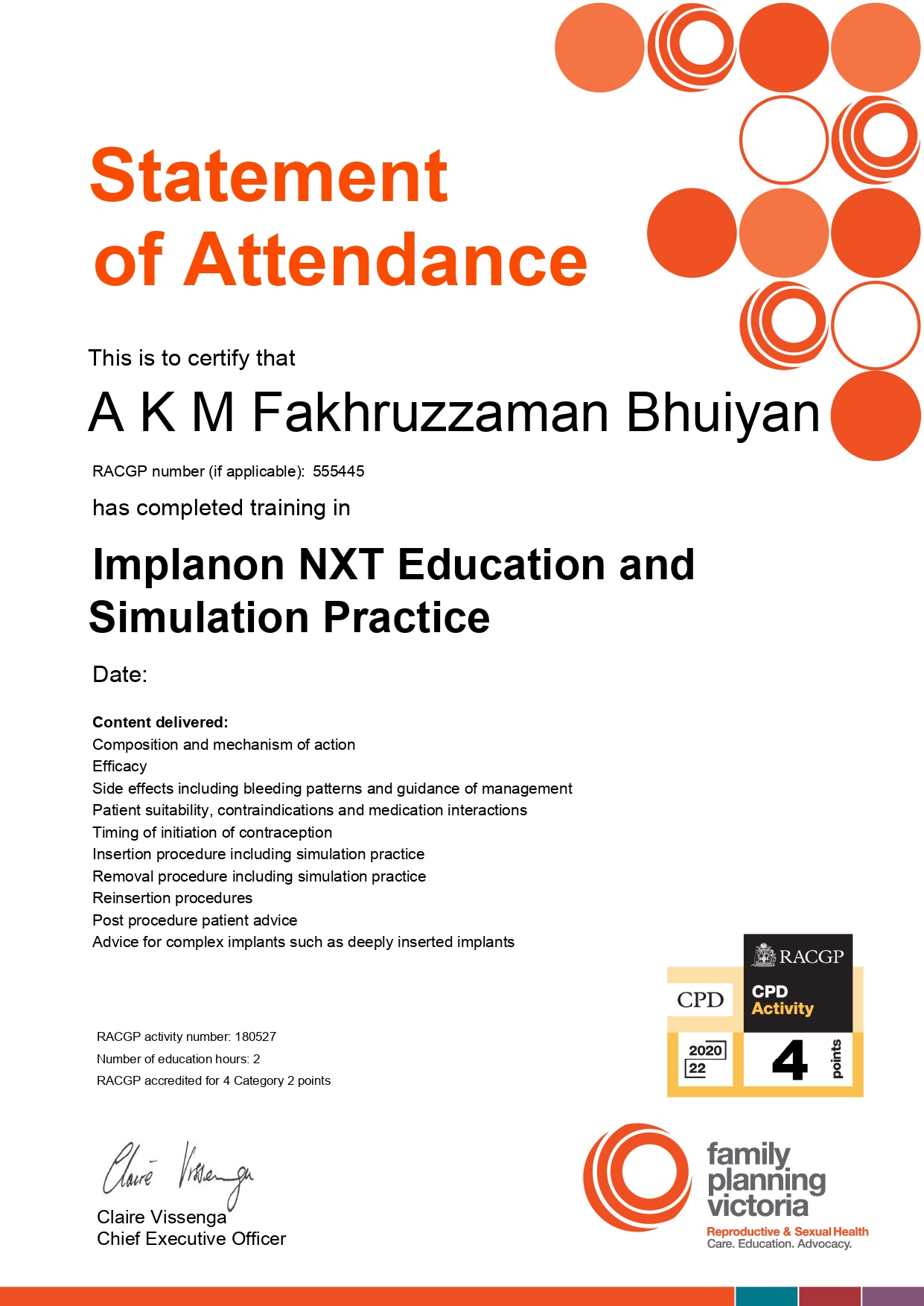How effective is the Pap smear?
Regular Pap smears every two years can help prevent up to 90 per cent of the most common type of cervical cancer. It is still the most important step in preventing cervical cancer. It is a quick process and you can have confidence in our experienced GPs.

At the time of having your pap smear you may also have an STI check and a breast check.
Ask your doctor here during your consultation.
Pakenham Medical Clinic has trained staff in the taking of pap smears.
How often should I have a Pap smear?
All women over 18 who have ever had sex are advised to have a Pap smear every one to two years, even if they no longer have sex.
Your general practitioner may recommend more frequent Pap smears if a previous smear showed significant cell changes or if you experience problems, such as bleeding or pain after sex.
What are the symptoms of cervical cancer?
In the early stages of cervical cancer, there are usually no symptoms. The only way to detect changes is if you have a Pap smear.
If you have any abnormal vaginal bleeding (such as intermittent bleeding, bleeding after sex or after menopause), abnormal or persistent vaginal discharge (bloody or offensive), or pelvic pain, you should see your general practitioner without delay.
Abnormal Pap smear results
Many women feel anxious or worried when they have been told that their Pap smear result is not completely normal. An abnormal result hardly ever means you have cancer.
About one in every 10 Pap smear results will have a comment or indicate some kind of problem. Most of these are not serious. Pakenham medical specialists can discuss the results with you.



